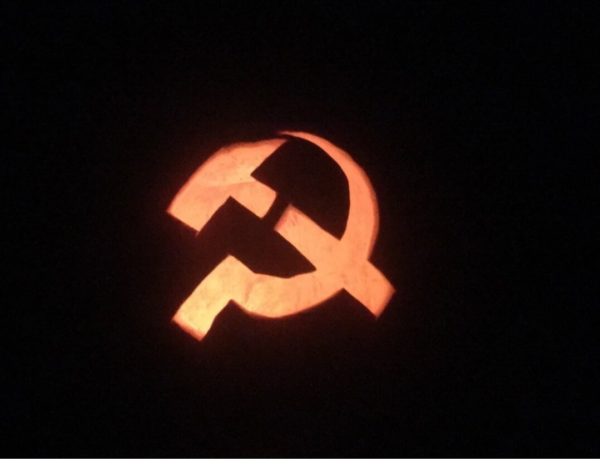A New Window of Opportunity
In 1988 the possibility of the end of the Cold War loomed. This affected not only America and the Soviet Union, but triggered a series of ripple effects as other nations, preparing for the change in world order, reacted by altering themselves.
We can see these ripple effets in the end of Angolan War hostilities (1989), the independence of Namibia (March 1990), the re-unification of Germany (October 1990), the George H.W. Bush New World Order Declaration (11 September 1991) and the South African Peace Accord (14 September 1991).
Because other nations were taking advantage of this wonderful “Window of Opportunity,†it resulted in a flood of peace and prosperity washing over the world. In other words: “it was an opportunity for all parties to come together.â€
The peace and prosperity part did not last long however, because the fall of a great power creates a power vacuum into which the previously-restrained uncertainty expands. Since that time, the Middle-East has been mired in various perpetual wars of “alliances†(sic). Currently the United States (and its “partnersâ€) are involved in five undeclared wars and military actions in seven nations.
The utopia proclaimed by a Globalist New World Order lasted a mere 25 years, effectively a single generation.
The disaster caused by the resulting shift to a neoliberal dispensation is slowly being recognized by the man on the street. The same Western decadence that Russians hated from 1991 became the cancerous symptom now also recognized by realistic Western observers: the erasure of culture and its replacement with unrestricted commerce, managerial government, and Leftist ideology which because it reflects popular illusions is now following the Soviet path.
The flood of realism now stretching across the Western world started in France with the Front National political party, supported by the AFD German Party and was followed by the Brexit vote. The “danger†lamented by mainstream media of crashing markets due to a supposed return to fascism, came to naught, and instead, a ripple effect is driving right-wing parties into office as it becomes clear that Leftist policies have failed worldwide.
In fact the markets have been responding favorably, demonstrating the inherent failure of not only politicians, but of neoliberal-driven mainstream media too.
The discontent harbored by the average person on the street finally crossed the Atlantic where Donald Trump won the 2016 US Presidential election on a Nationalist ticket. There can be no doubt anymore that neoliberal policies are inherently flawed and that the majority choose Nationalism as a better option.
The international discovery of a better way proposes a “new†window of opportunity for all nations. The impact on each Nation is different because it is not prescribed. Although America is not prescribing Nationalism per se, by rejection anti-Nationalism it is taking the lead and could serve as an example.
The curious case of South Africa requires further investigation. Where Democratic protests in America use minority (black) players against a white Government, the same type of protests in South Africa is against a “black” Government. The interesting part is that whites in South Africa never protest but would rather “propose†alternatives in media forums.
This means that South African Nationalism is far from clear, because there is no “South African way†like Americans and Australians have. This is due to excessive foreign influence preventing South Africans from establishing their own unique identity.
The window of opportunity for South Africa therefore is not to find a new “sponsor†in some foreign land, but to act on its own. Because all “sponsors†are busy with their own affairs in the aftermath of the opening of a power vacuum, it will allow South Africans to sort itself out.
The first step would be to acknowledge that not only has communism failed, but that liberal democracy also failed. This would re-open the 1991 Table of Peace, where real discussions can take place, instead of degrading bribery and corruption to manage childish rating agency threats.
This time the Zulu King could be the Chairman supported by a layer of knowledgeable South African aristocrats sworn in as Chiefs.
But what should not take place is some little palace revolution against the current President, just to perpetuate the failing status quo against a new “progressing†World.
Surely, South Africa should stay in touch.
Tags: aristocracy, communism, liberal democracy, south africa, window of opportunity










